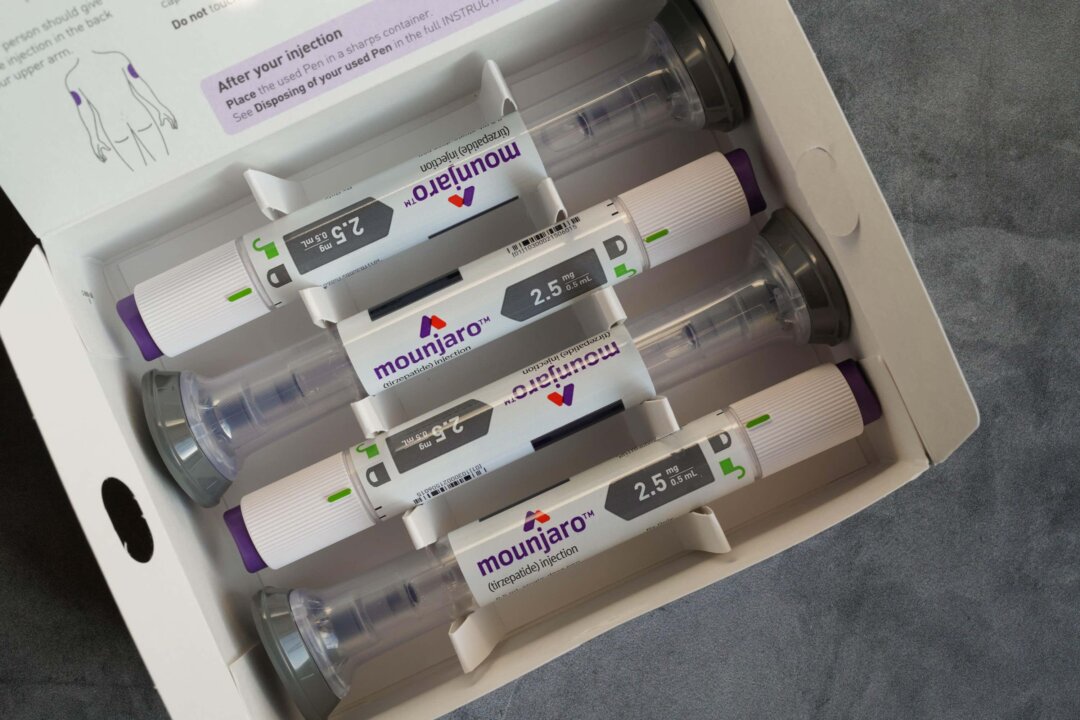The self-injected drug Mounjaro has become the second diabetes medication to be recommended to help obese people lose weight on the UK’s National Health Service (NHS). The drug was recommended last September by the National Institute for Health and Care Excellence (NICE) for type 2 diabetics who could not tolerate other drugs owing to side-effects. At the time, the NHS said it would need “more evidence” before it would greenlight its use for weight loss.
The latest draft guidance from NICE, published this week, says the drug should now be an option to help people lose weight, following its approval as an anti-obesity treatment by the Medicines and Healthcare products Regulatory Agency (MHRA) last November. Made by American pharmaceutical giant Eli Lilly, Mounjaro—also known as tirzepatide—is part of a group of medications that help manage blood sugar known as GLP-1 agonists. It works by suppressing two appetite-regulating hormones, making people feel fuller for longer and reducing food cravings.

Other members of the drug family include semaglutide, which is sold under the brand names Wegovy, Ozempic, and Rybelsus. Trial data suggest those who take it can expect to lose up to 20 percent of their body weight, which is more, on average, than its rivals. The most common side effects of the drug include nausea, vomiting, diarrhoea, decreased appetite, constipation, upper abdominal discomfort, and abdominal pain.
Some people taking the drug outside of clinical trials have.























